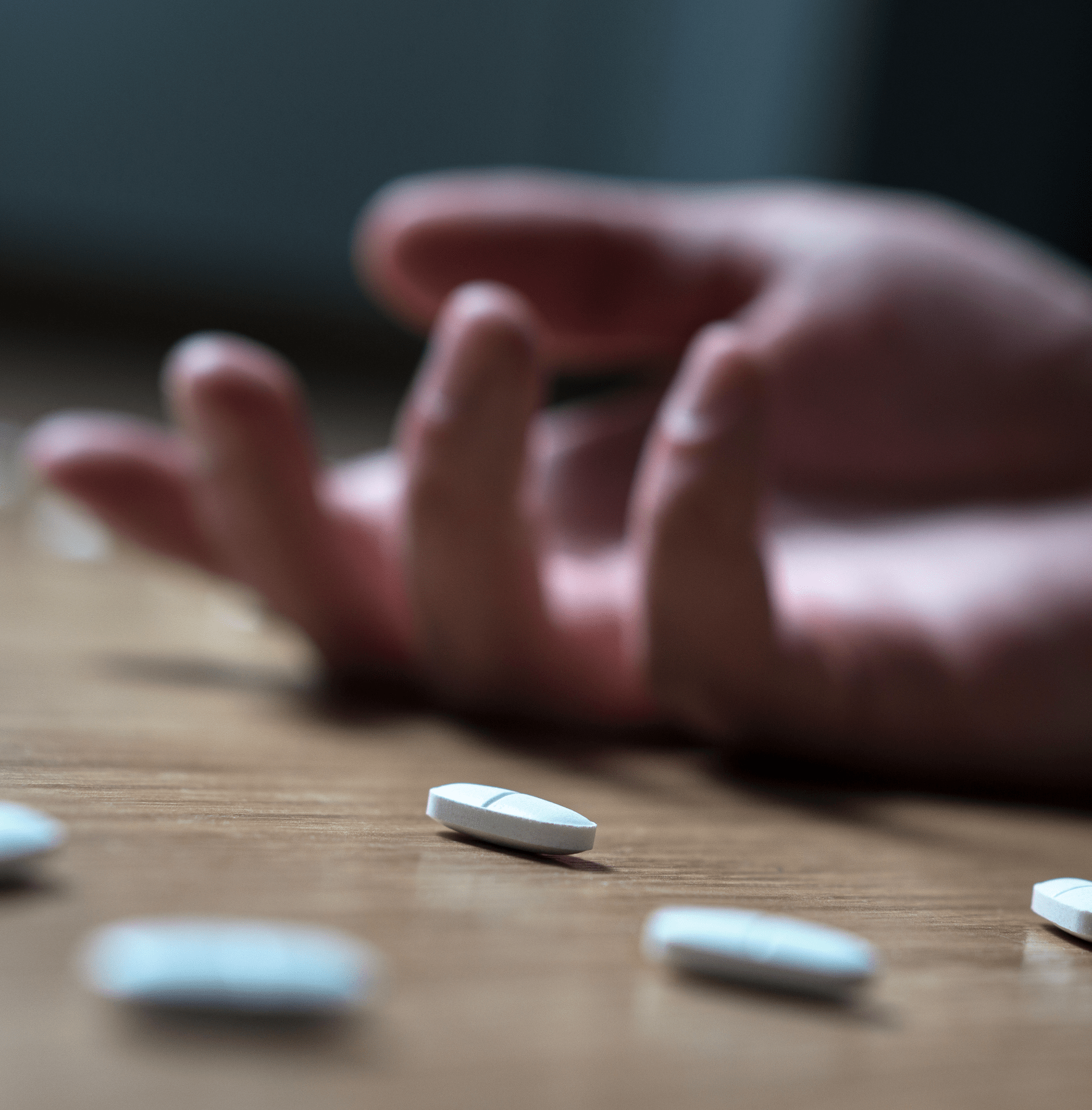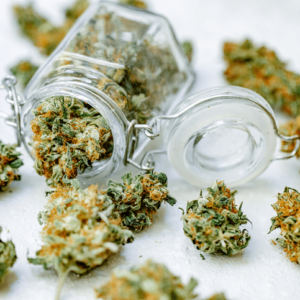“I’m a new user of weed and am really into it for health and recreational uses. I’m worried though about overdoing it. What are the chances I can OD or even die from smoking too much?”
Alex A.

The good news is, no one has ever died of an overdose of marijuana. If you smoked cannabis, you’d have to consume almost 1,500 pounds of marijuana in about 15 minutes to induce a lethal response — an impossible undertaking.
In determining drug safety, it’s a common practice to see if the substance can cause death in a test animal. This has not happened yet with marijuana.
The World Health Organization (WHO) has also concluded: “The toxicity of THC is very low compared to most other recreational and pharmaceutical drugs,” and that it would be impossible to consume enough for a lethal dose.
Carl J.
Yes, so far we haven’t had any reported deaths resulting solely from cannabis use, according to the Centers for Disease Control and Prevention (CDC). But that doesn’t mean you can’t have some bad effects from consuming cannabis, especially a lot of it.
Also, keep in mind people metabolize cannabis differently, so it can have different effects on different people. One person might be gently uplifted by a strain, while someone else can get severe couch lock using the same strain and dose.
New consumers of weed may run the risk of a bad reaction until they know what their tolerance levels are. This can often happen with marijuana edibles. Because it can take 20 minutes to an hour before you feel anything, the risk is you will keep eating edibles, and then you may be hit hard all at once.
Some other less-desirable side effects can include dry mouth, confusion, focus problems, fatigue, an increased heart rate, and mood changes. In rare cases, it might spark hallucinations, paranoia and panic attacks, nausea, and vomiting.
But against this cannabis users are discovering a host of health benefits, which are increasingly being confirmed by science.
Among other things, marijuana has been used for:
- Alleviating depression
- Regulating the metabolism and weight loss
- Relieving arthritis
- Coping with chronic pain
- Slowing the development of Alzheimer’s
- Helping to lower blood pressure
- Reducing nausea
- Providing relief to PTSD sufferers
- Making people happy
William S.

It’s worth noting that not only is weed usually safe to use, in some cases it may replace drugs that definitely pose serious risks to people’s health. A case in point is opioids.
We’ve all heard of this national epidemic which can kill 90 people a day, according to some estimates. Opioids are powerfully addictive drugs that include not only the street drug heroin but also a number of medications legally prescribed for pain, including oxycodone and fentanyl.
Some research has shown that medical weed can offer the same kind of pain relief as opioids but without the risks of addiction and overdose.
The reason is, two different types of drugs act differently on essential brain systems. The body has different receptor systems that are responsible for controlling essential processes in the central and peripheral nervous system, as well as the organs and tissues. They cause the release of hormones and other neurotransmitters that affect temperature, digestion, mood, sensation, and much more.
Opioid drugs can suppress signals of pain and depress the production of a chemical called norepinephrine, which stimulates essential functions such as breathing, heart rate, blood pressure, and wakefulness. Opioid medications may inhibit the production of norepinephrine in the brainstem, and extremely high doses of opioids can suppress breathing and heart rate, perhaps leading to death, especially if they’re combined with alcohol or sedative drugs.
Weed, on the other hand, works with the endocannabinoid system (ECS) to do its work, relieving pain, lifting mood, and other good things. While there are cannabinoid receptors found throughout the body, there are very few in the brainstem, so cannabis doesn’t affect the production of norepinephrine the way opioids do.
Since weed is safer to use, less addictive, and has easier withdrawal symptoms, more and more people are using it instead of, or to wean themselves off, opioid medications.
Piotr G.





